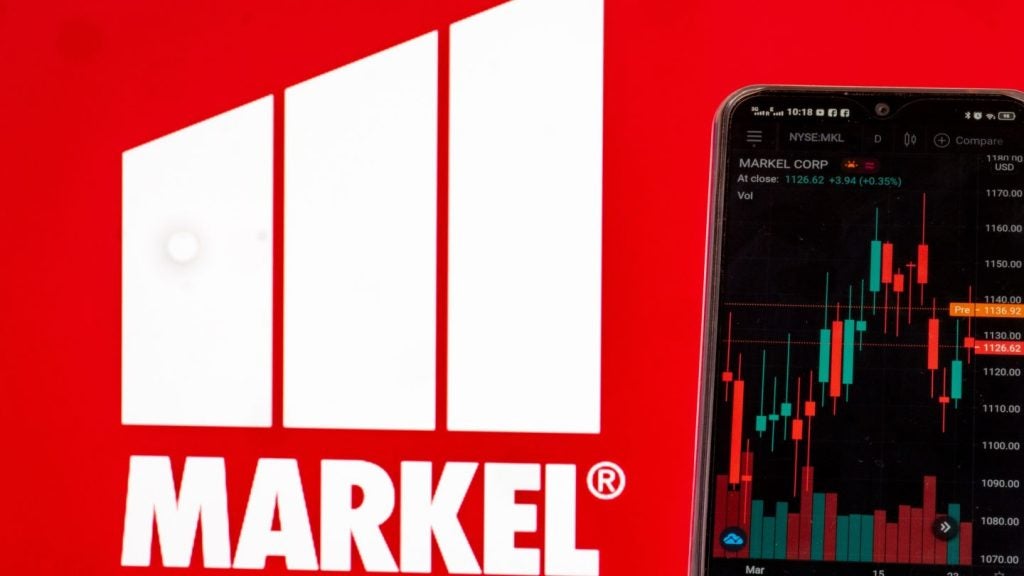Less than 10% of brokers are worried about political instability while not even 1% are worried about global instability according to GlobalData surveying. However, the conflict involving Israel, the US, and Iran—as well as the Strait of Hormuz crisis—has likely intensified these concerns.
GlobalData’s 2025 UK Broker Insurance Survey reveals that only 8% of brokers identify political instability as the biggest threat to their business, while just 0.8% cite global instability. These low figures suggest that most brokers remain focused on more immediate or commercially driven risks such as competition from other brokers (13.2%) or competition from direct businesses (11.2%). However, this view diverges significantly from consumer sentiment. According to GlobalData’s 2024 Emerging Trends Insurance Consumer Survey, 43.3% of global consumers report being “very concerned” about war and terrorism, with another 37.5% “somewhat concerned.”
Although few brokers are prioritising geopolitical risks, recent escalations in the Middle East, especially involving Iran and the Strait of Hormuz, are forcing insurers to reassess. These developments have had knock-on effects across multiple lines of business, including marine, political risk, energy, and aviation. The London insurance market’s Joint War Committee (JWC) convened on June 18, 2025 to evaluate the implications for global shipping, particularly for vessels transiting the Strait of Hormuz and Eastern Mediterranean. While the committee left its high-risk area list unchanged, brokers noted a sharp rise in war risk premiums—with increases of more than 60% reported in some cases compared to the previous month.
Insurers remain on high alert. Although official classifications have not yet shifted, the JWC confirmed that the security status of these regions is under active review. War risk insurance (a specialised cover distinct from standard hull and machinery policies) has been pushed back into the spotlight. Lloyd’s syndicates are reportedly updating their pricing models in light of rapidly evolving conflict dynamics, especially as the situation in Tehran and surrounding regions deteriorates. The market’s measured response thus far reflects both experience and uncertainty, a balancing act between not overreacting and staying ready to act. While brokers currently downplay geopolitical instability as a leading threat, the evolving crisis in the Middle East may prompt a sharp reassessment of risk models and client conversations in the near future.

US Tariffs are shifting - will you react or anticipate?
Don’t let policy changes catch you off guard. Stay proactive with real-time data and expert analysis.
By GlobalData









